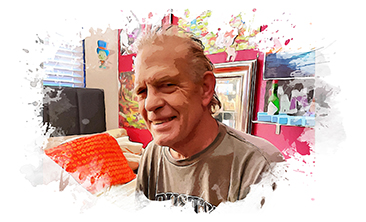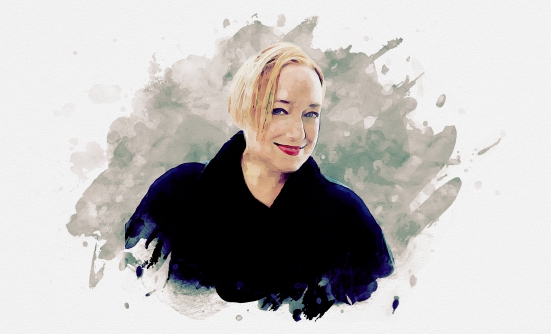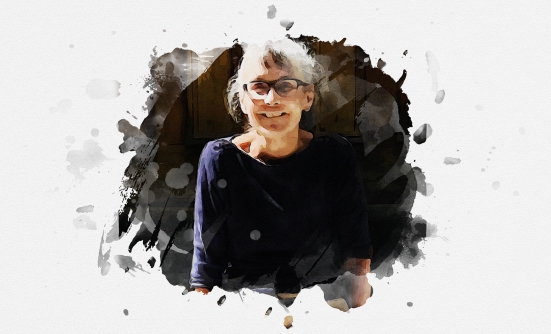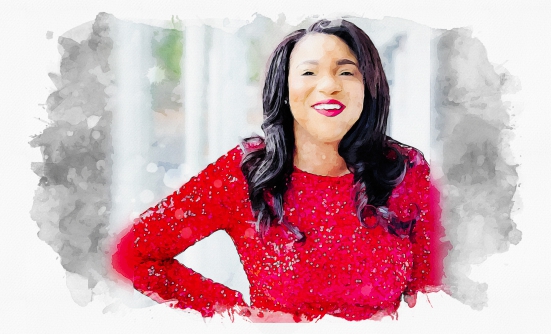I have been reading in the latest issue of Conquer the stories of those of us who are cancer survivors. How we came to grips with the fact that there was a cancer inside us, our experiences throughout the diagnosis and treatment process, and our life after remission, for those who are lucky to be in remission.
Aware or Unaware?
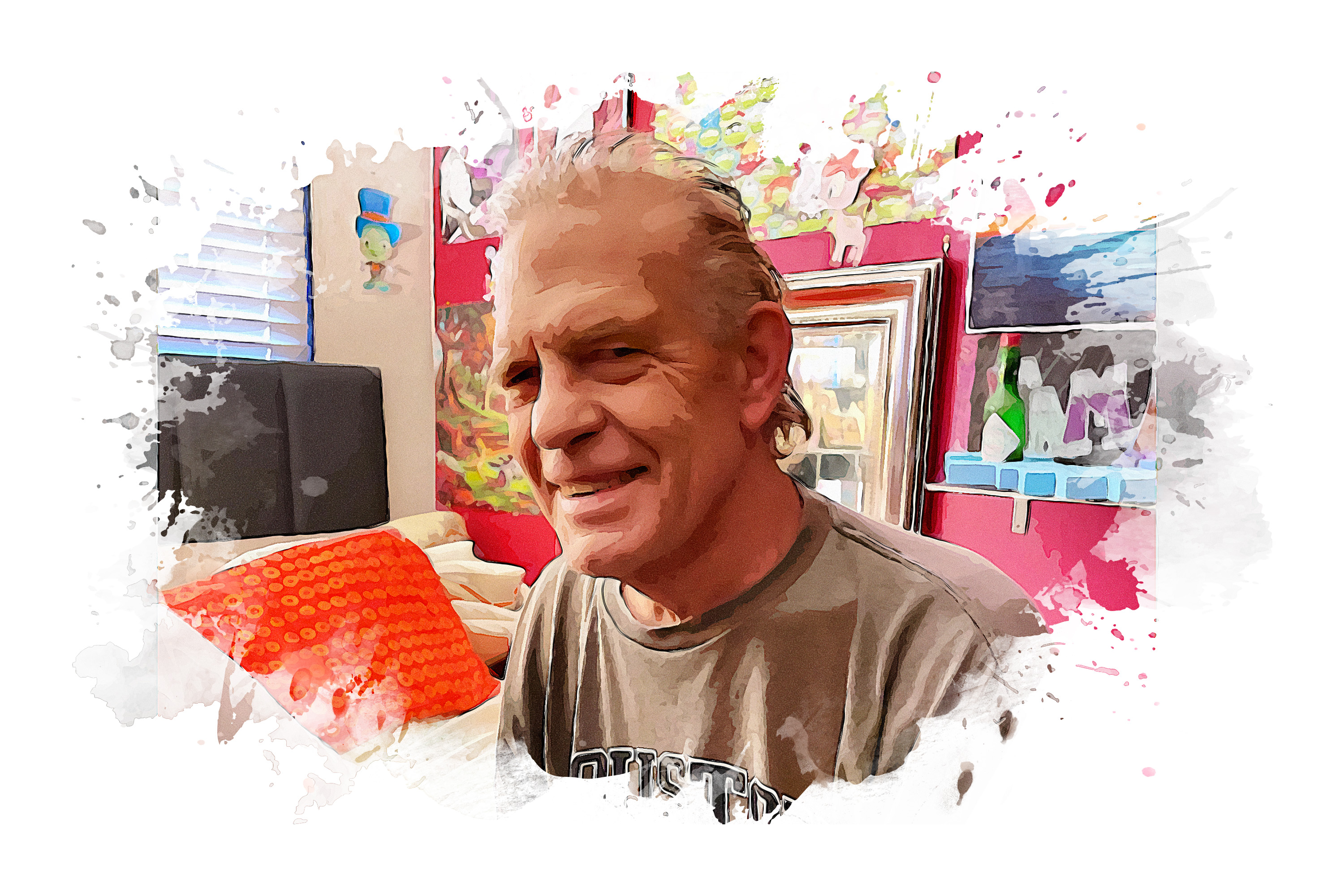
We were warned about the side effects that chemotherapy could produce. There were so many of them to consider that I didn’t think about them as much as I probably should have. I figured that if I thought about the side effects too much, my attitude would become negative, which, of course, is not healthy when battling cancer.
I figured that if I thought about the side effects too much, my attitude would become negative, which, of course, is not healthy when battling cancer.
However, based on my exposure to available information, I was very much aware of their existence. Aware, but unaware, is how I see it best. Luckily, I didn’t have most of the side effects that were known to me.
My unawareness was replaced with awareness in a book format. Each of my chemo sessions, which were administered every 2 weeks over 5 days as a 24-hour IV drip, for 6 cycles, concluded with a written chapter.
Documenting My Observations
Each week, I would wait until I was discharged from the hospital before I started writing anything, but later I found it much more productive to use my laptop and write about the events as they happened. These extended stays in the hospital allowed me to experience my surroundings rather than focus solely on myself.
I concentrated on noticing the operational segments that were part of my therapy. This included the direct application of medicinal therapies and hospital care, as well as indirect components, such as engineering and dietetics. I became more aware of the things that were going on around me and processed them in a different way than before.
With a lot of time on my hands, I was able to elaborate on my observations during and after my chemo sessions. Some observations were negative, in the sense that certain improvements could have been made relating to those experiences, and some were positive.
For example, hospital food, as the general belief goes, is not supposed to be that good, taste-wise. Other factors, such as food temperature, delivery times, and order accuracy, add to the experience of hospital food. Overall, it was good to a point, but then it became routine and repetitive, because I ran out of menu options. To supplement the hospital food, I made many types of snacks available to me: some healthy snacks and some snacks that had a little too much sugar. No matter the type of those snacks, they were integral in maintaining my happiness and positive outlook throughout the approximately 18 weeks of treatment.
An internal observation was obviously the cancer inside me. I had diffuse large B-cell lymphoma, which thankfully is curable in most cases. When I was diagnosed with cancer, my response was not typical. I didn’t feel sad, I didn’t feel angry, nor did I think that I was going to die. In addition, I was diagnosed with HIV at the same time, which resulted in the identical emotional response.
Leaning toward the Positive
I immediately leaned toward the positive side of my circumstances and started to learn what it would take to beat both diagnoses. I did not think of things that had happened in the past, because that would inhibit my positive mental outlook. What already had happened was now over and could not be changed, so I didn’t worry about it or question it.
Throughout my chemotherapy, and mostly while I was in the hospital, my own observations were enough to transfer my mindset out of the dread and into a positive future. It was like taking classes at school, with me as the student and the teacher.
I formed opinions about the cultural traits of the nurses and doctors who were assigned to me, based on their origins, which to me explained their behaviors. I needed to think about this, because I wanted to understand why they had different attitudes and approaches to my care. All the approaches were satisfactory, but some mannerisms were not conducive to a healthy recovery. I acknowledged the differences in bedside manners, be they passive or aggressive, and considered them acceptable.
One incident during my chemo sessions gave me insight as to the operational aspects of hazardous waste response. When I went to the restroom, the IV tube got stuck on the coat hook of the bathroom door and started to leak on the floor. Everyone who had anything to do with anything responded to my room. There was some confusion, but overall, the response was timely and expeditious.
Serious and Lighthearted
This was a serious occurrence, and I understood that. Many of my observations were serious, such as this one; however, some of them were on the lighter side and were almost humorous.
When in the hospital, I believe it is important to have access to television. Every room in my hospital had a television in it; however, they did not always work as expected. One of my chemo sessions had such an event, where the channels would not progress beyond a certain number. When I asked the nurse about it, she said she would have to call engineering to come and have a look at it.
They came and tried to fix the problem with the “master remote” that controlled all the televisions in the hospital, but after half an hour, they were unsuccessful. They got a call and had to leave, so they left me the remote. I fixed the issue in about 5 minutes. That was a lighthearted event that lifted my spirits. I documented many other observations, serious and not so serious, every few weeks.
About halfway through my chemotherapy and after a PET scan, my doctor informed me that the cancer was not detectable. When I heard this, I paused as if the world went silent, but only for a moment. After that moment, my eyes watered up, and I began to cry, but that didn’t last long either.
I truly believe that my limited emotional response to receiving this fantastic news was because I had distracted myself enough in other directions, so I didn’t have time to worry. I believe that healing has a physical aspect as well as a psychological aspect, and the 2 combined got me to where I am today—cancer-free!
I would like to thank my doctors and everybody on the seventh floor of Highland Hospital in Oakland, California, and you know who you are.
You May Also Like
When You Don’t Fit the DescriptionEssay by Tamron Little
The ESSAY column in Conquer is devoted to lifting the voices of people touched by cancer.
Read more essays or submit yours.





